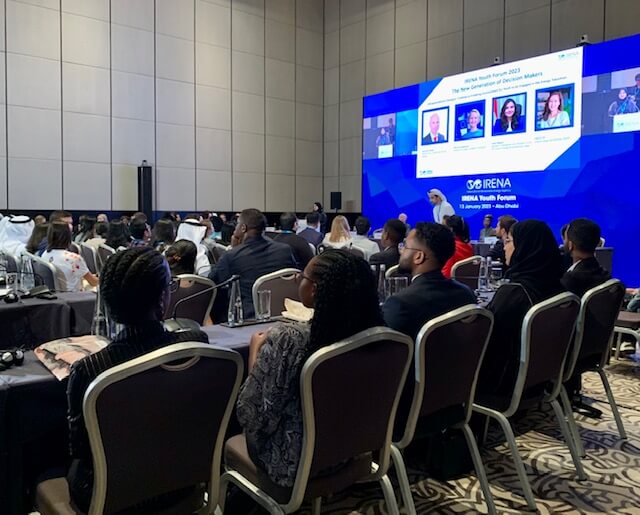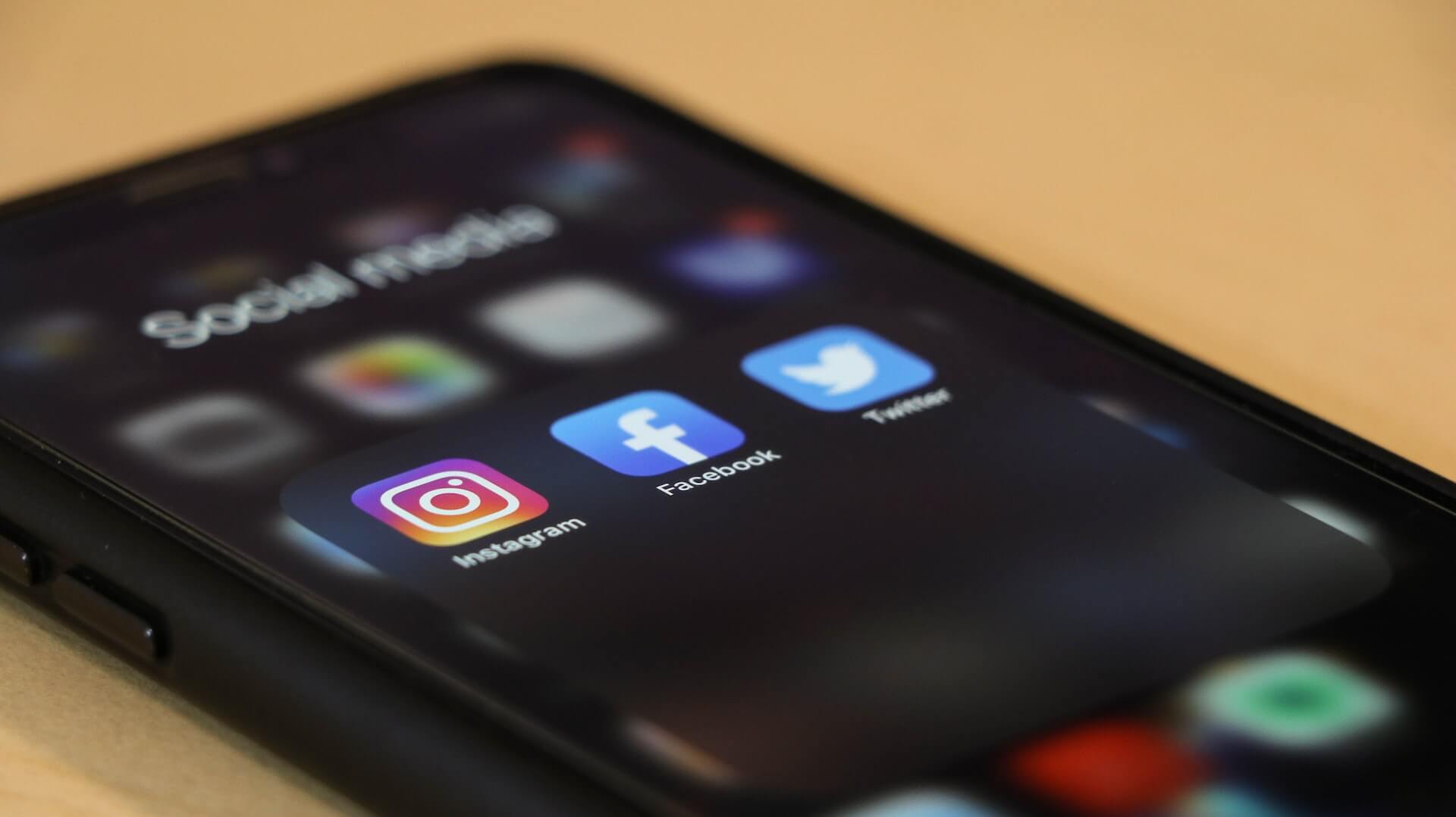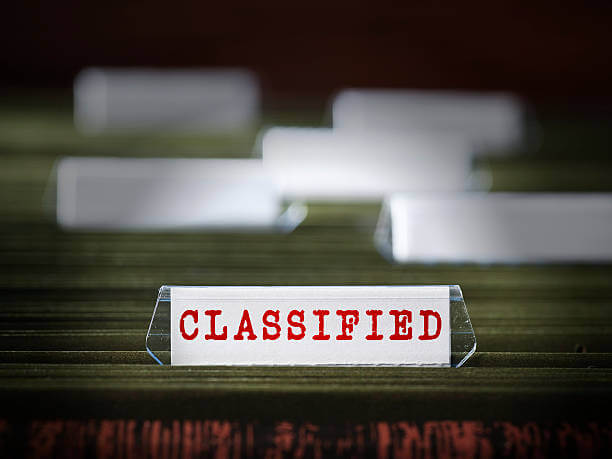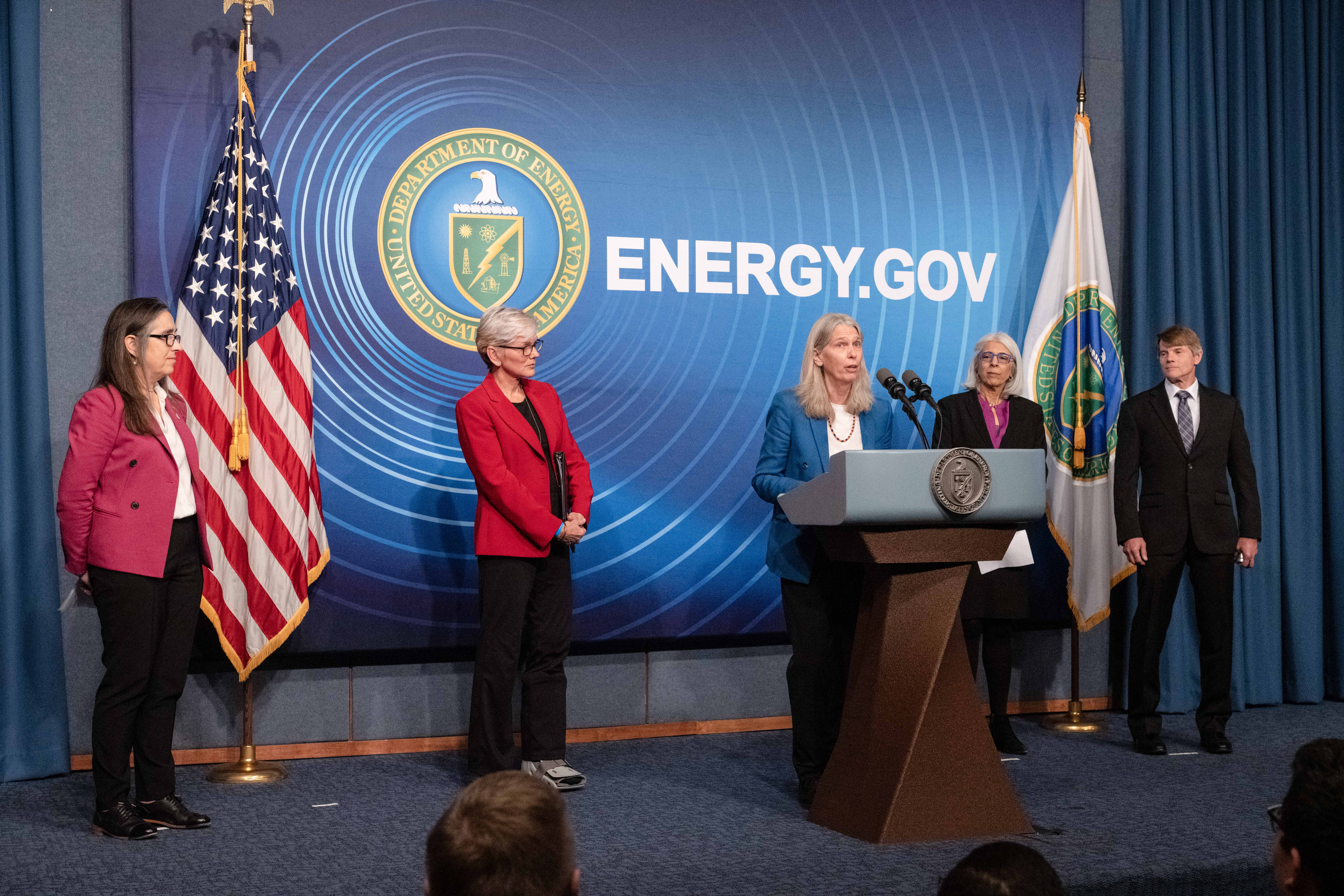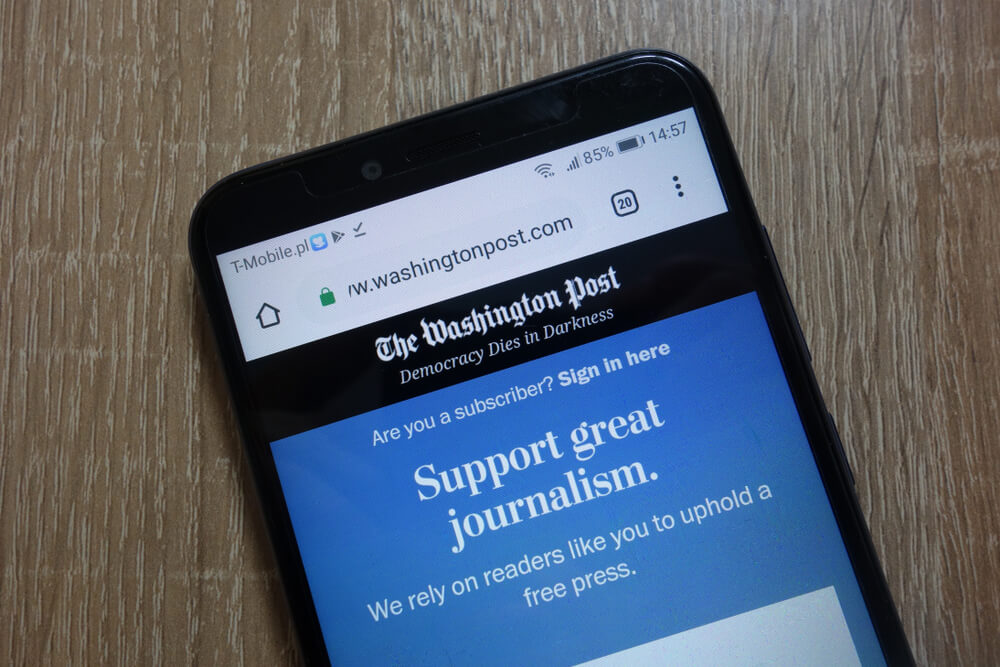Police excess gained huge attention after the death of George Floyd in Minneapolis in 2020 and again after the alleged beating death of Tyre Nichols in Memphis last month. But police excess isn’t new.
A friend, who had been drinking and could be quite truculent when drunk, was severely beaten in the police cells in Leesburg, Virginia, a couple of decades ago. I have never seen a man so badly hurt in a beating — and I have done my share of police reporting.
That he provoked the police, I have no doubt. But no one should be beaten by the police anywhere, ever, for any amount of provocation. I might mention that my friend — and the officers who might have killed him — are White.
I used to cover the Thames Police Court in the East End of London. That was before immigration had changed the makeup of the East End. It was then, as it had been for a long time, solidly White working class.
Every so often, a defendant would appear in the dock showing signs that he had been in a fight. One man had an arm in a sling, another had a black eye, and a third had bruises on his face. One thing was common: If they looked beaten up, they would be charged with “resisting arrest,” along with other charges like drunkenness and petty larceny.
In the press benches, we shrugged and would say something like, “They worked that bloke over.” We never thought to raise the issue of police brutality. It was just the way things were.
At least nowadays, when social norms don’t allow police to hit suspects, there is a slight chance of redress. Although I would wager that nearly all police violence goes unreported, the “blue wall” closes tightly around it.
People in uniform, men and women, hold dominion over a prisoner. If there is ethnic bias or verbal provocation, bad things can and do happen.
Yet, I hold a brief for the police. Policing is dangerous and heartbreaking work, especially in the United States, where guns are everywhere. Also, it is shift work, itself a stressing factor.
Wearing the blue isn’t easy, and abuse and danger go with the job. Sean Bell, a former British policeman, now a professor at the Open University, described the police workload in the United Kingdom this way, “Those in the policing environment can become a human vacuum for the grief, sorrow, distress and misfortune for the victims of crime, road crashes and the plethora of other incidents dealt with time after time.”
Many of the incidents of American police being shot and police exceeding their authority have as their genesis a traffic stop, as with Nichols. These are a cause of fear for both the police and criminals. It is where the rubber meets the road of law enforcement.
Motorists form our opinions of the police largely through traffic stops, which we rail against. But to the police, they are a life-threatening hazard as they approach a car that may have a crazed or dangerous criminal driver with a gun. They face danger and tragedy in plain sight.
The only thing police officers are warier of than traffic stops are domestic violence calls. They are the worst, officers in Washington have told me.
Yet, the traffic stop is an essential police tool, partly for controlling traffic but, importantly, for arresting criminals, fugitives and drug transporters. It is how the police work within the constitutional prohibition on illegal search and seizure.
People who have control of other people — drill sergeants, wardens and the police — are in a position to abuse, and some do. A uniform and authority can bring out the inner beast. Remember what went on in Abu Ghraib prison in Iraq?
After the two terrible incidents of police excess, Floyd and Nichols, all the solutions seem inadequate. But when out on the streets or in our homes, most of us are vitally aware that we feel secure because a call to 911 will bring the law — the men and women in blue who guarantee our safety and wellbeing.
What to do about police violence? Vigilance is the first line of defense, but appreciating the police and holding them to account helps. Not many police officers feel appreciated, and that isn’t good for them or for society.
“The policeman’s lot is not a happy one!” So wrote British dramatist W.S. Gilbert in “The Pirates of Penzance,” an 1879 comic opera, one of his collaborations with composer Arthur Sullivan.
And Gilbert and Sullivan had never dreamt of a traffic stop.

